How Parents Can Help
The disruptions brought about by the global pandemic have led to significant learning loss for many students, emphasizing the importance of proactive and targeted efforts to support their educational recovery. As a parent, you play a pivotal role in helping your child rebuild their academic foundation and regain confidence in their learning abilities. Here are some practical strategies to assist your child in recovering from learning loss.
- Identify Specific Areas of Concern: Begin by identifying the specific areas in which your child may be struggling. Assess their recent report cards, speak with their teachers, and consider seeking a professional assessment if needed. Understanding the specific challenges your child faces will allow you to tailor your support more effectively.
- Establish Open Communication: Create a supportive and open communication channel with your child. Discuss their feelings about returning to school and any challenges they may be experiencing. Encourage them to express their concerns and frustrations, and assure them that you are there to provide support and guidance.
- Implement a Consistent Routine: Consistency is key when helping your child recover from learning loss. Establish a daily routine that includes dedicated time for homework, study sessions, and leisure activities. Consistent routines provide a sense of stability and predictability, helping your child feel more in control of their academic responsibilities.
- Utilize Educational Resources: Leverage educational resources, both online and offline, to supplement your child’s learning. Educational apps, websites, and books tailored to their grade level and areas of struggle can provide additional practice and reinforcement. Many platforms offer interactive and engaging content that makes learning enjoyable.
- Encourage Active Learning: Move away from passive learning and encourage active engagement. Incorporate hands-on activities, experiments, and real-world applications of concepts to make learning more tangible and interesting. Active learning not only reinforces academic concepts but also enhances critical thinking skills.
- Set Realistic Goals: Work with your child to set realistic and achievable academic goals. Break down larger goals into smaller, manageable tasks, celebrating small victories along the way. This not only helps build momentum but also fosters a sense of accomplishment.
- Provide Positive Reinforcement: Offer positive reinforcement and praise for your child’s efforts and progress. Focusing on their strengths and acknowledging the steps they are taking to overcome learning challenges boosts their confidence and motivation. Celebrate both academic achievements and personal growth.
- Consider Professional Support: If your child’s learning loss is substantial, consider enlisting the help of a professional tutor or educator. A qualified tutor can provide targeted support, addressing specific learning gaps and tailoring their approach to your child’s individual needs. This personalized attention can accelerate the recovery process.
- Promote a Growth Mindset: Encourage a growth mindset by emphasizing the idea that intelligence and abilities can be developed through effort and perseverance. Teach your child that setbacks are a natural part of the learning process and an opportunity for growth. This mindset shift can positively impact their approach to challenges.
- Stay Engaged with Teachers: Maintain regular communication with your child’s teachers to stay informed about their progress and any additional support they may need. Collaborate with teachers to create a cohesive plan for your child’s recovery, ensuring that everyone is working together to support their educational journey.
Recovering from learning loss requires a concerted effort from both parents and educators. By identifying specific challenges, establishing open communication, and implementing targeted strategies, you can help your child rebuild their academic foundation and rediscover a love for learning.

